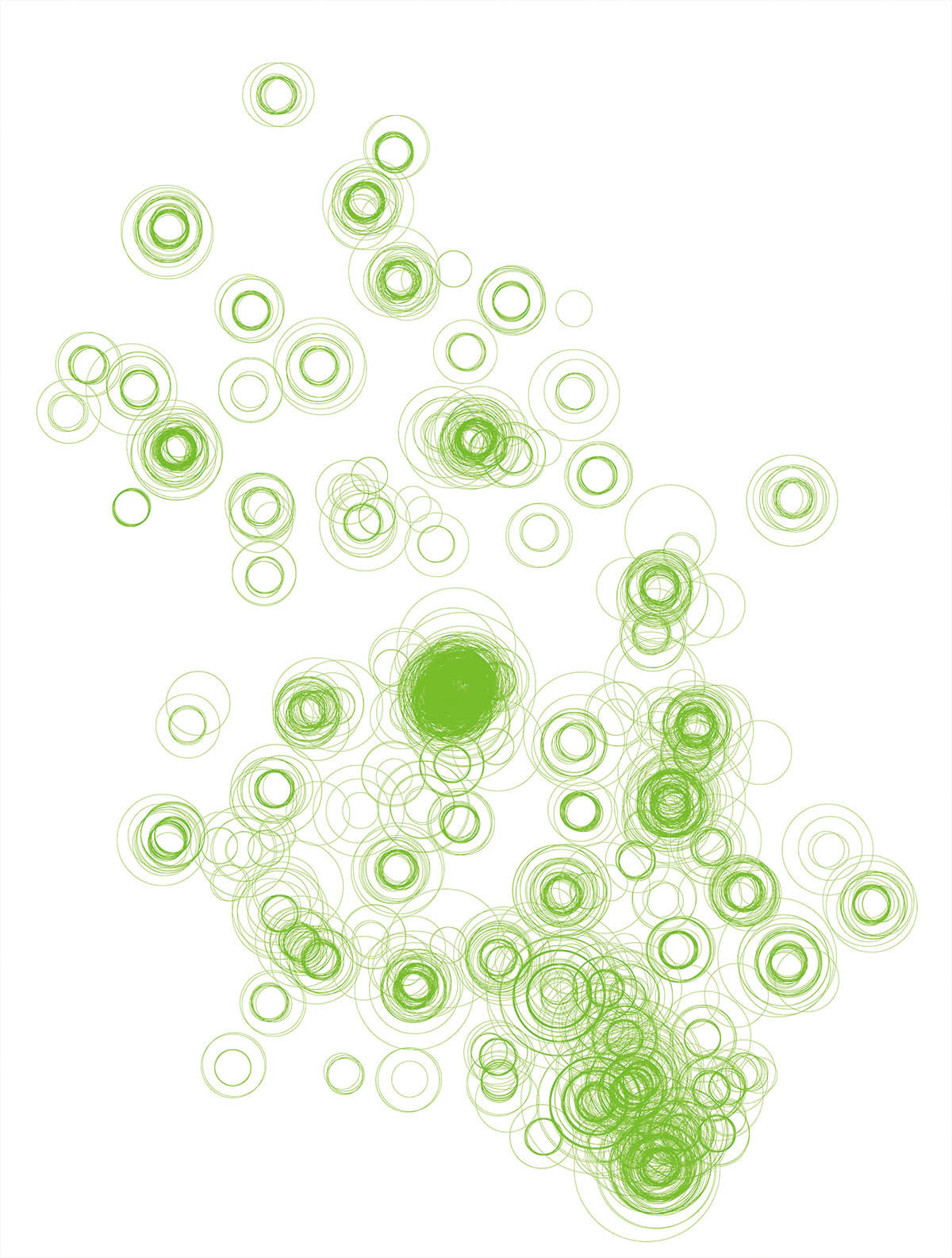Towards a New Geography: Rural Tourism in China

by Guan Min (MDes ’17)
Urban, widely understood as the elementary unit of human settlement, is becoming the interpretive framework and ultimate model of the world. However, Neil Brenner argued for a new understanding of urban as a process unfolding all around the world within the capitalism context, instead of a fixed, bounded, city-centric settlement type. Even remote rural areas, which seem to be excluded from the urbanizing world, have been functioned as spaces of flows that support the urban system by labors, foods, resources and energy. The formerly segregated countryside is converted into the urban network by the extended urbanization process.
Therefore, this paper aims to elaborate another type of urban-rural connection that is emerging widely in the countryside of China. Utilizing the economic potential demonstrated by the rapidly growing tourism market, many villages are starting to develop tourism industry to expand local economy. The blossoming tourism market is attracting massive capital flows and urban tourists into China’s countryside, leading to an urban-based economic and cultural geography. Yet the current transformation driven by rural tourism should be carefully questioned in many aspects. Why is the rural tourism market thriving today? What does rural tourism mean in the context of urbanization and modernization? How is rural tourism affecting the local residents, economy and identity? On the other hand, how is it related with cities and urban tourists? And more importantly, is rural tourism able to respond to the longstanding rural underdevelopment problem?
